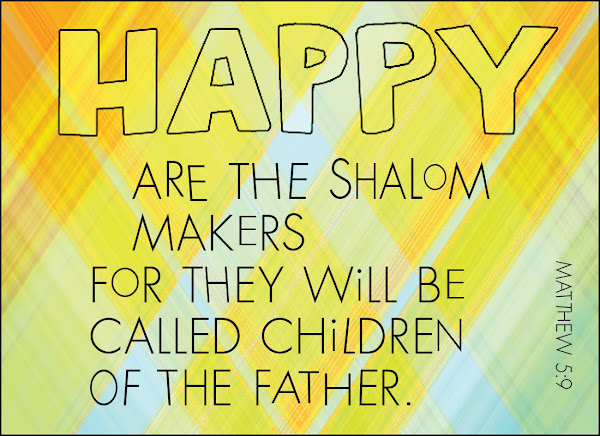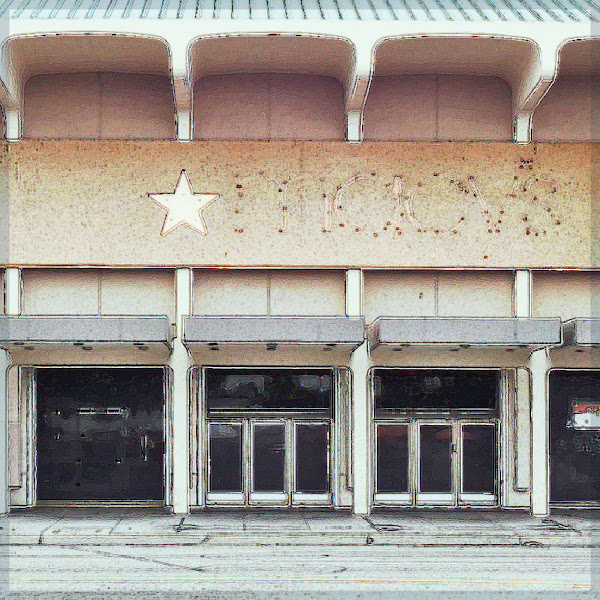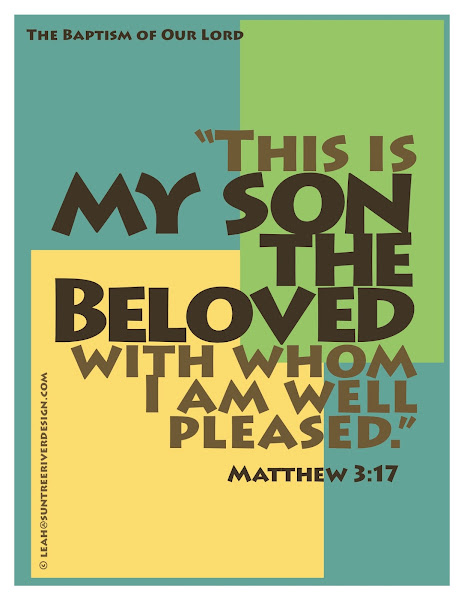for they will be called
Children of the Father.
Matthew 5:9
Matthew 5:1-12
1When Jesus saw the crowds, he went up the mountain; and after he sat down, his disciples came to him. 2Then he began to speak, and taught them, saying:
3"Blessed are the poor in spirit, for theirs is the kingdom of heaven. 4"Blessed are those who mourn, for they will be comforted. 5"Blessed are the meek, for they will inherit the earth. 6"Blessed are those who hunger and thirst for righteousness, for they will be filled.
7"Blessed are the merciful, for they will receive mercy. 8"Blessed are the pure in heart, for they will see God. 9"Blessed are the peacemakers, for they will be called children of God. 10"Blessed are those who are persecuted for righteousness' sake, for theirs is the kingdom of heaven.
11"Blessed are you when people revile you and persecute you and utter all kinds of evil against you falsely on my account. 12Rejoice and be glad, for your reward is great in heaven, for in the same way they persecuted the prophets who were before you."
Matthew's gospel…
…includes Jesus as the New Moses with an emphasis on the righteousness and justice of God we find throughout the Hebrew Bible. In Matthew's gospel, Jesus provides formal instruction in the Sermon on the Mount and offers parables about the reign of heaven.
Chapter 5 opens Jesus' Sermon on the Mount. Its five sections parallel the five books of Moses (not written by Moses, but with Moses as a central actor) in the Torah or Pentateuch: Genesis, Exodus, Leviticus, Numbers, and Deuteronomy.
Jesus brings us words of life in the Sermon on the Mount, with a different style from the ten words or commandments God gave us through Moses, yet like the ten words/decalogue, Jesus is all about our flourishing together in safe, healthy, productive community. Jesus' entire ministry shows us how to live and love together in service, how to be church together.
It's interesting that Matthew is the only gospel that uses the word church or ecclesia. This called out assembly (us) is similar to the Roman City Council, the Los Angeles City Council, the New England Town Meeting that gathers together, deliberates together, and in our case, prays and worships together.
Matthew and Luke…
…both include this talk that describes characteristics or attributes of disciples or people who follow Jesus. Matthew and Luke tell about the same event; each evangelist makes a particular theological point. Like almost any teacher or preacher, Jesus would have taught the same lesson to different people at different times, with both planned and organic variations to customize the message to his current audience. For Matthew, Jesus is the ultimate teacher who wants his followers to be the best learners ever.
Jesus on the mountain or hill parallels Moses receiving the ten commandments on Mount Sinai. In Luke, Jesus teaches similar content from a level place [Luke 6:20-26] and reflects Mary's Magnificat/Hannah's song [Luke 1:46-55; 1 Samuel 2:1-10] that promise God will raise up the lowly and bring down the mighty to create a world – a lifestyle – of distributive justice, where no one has too much, no one has too little. The sermon on the plain also fulfills Jesus' announcement of jubilee justice during his first act of public ministry in the synagogue service [Luke 4:16-21]. Besides a list of blessings, Luke's Jesus includes woes.
Blessed, Happy
This is not the deep well of joy we sometimes experience as Christians in spite of less than ideal circumstances. Blessed is participation in the reign of heaven on earth and being well-regarded by God. Blessed, happy is not consumer happiness as in "if I buy this tablet or take this trip I'll be happier"; "If I buy that tablet, take this trip, and attend that concert series I'll be the happiest." I thought carefully about my list because those items are valuable and life-enhancing, and though a new tablet, phone, or laptop is a material object, it's mostly a means of communication and can be used in ways that develop an individual's creative abilities and community connections. Travel almost anywhere enhances our perspective and expands our horizons. Music is the food of love, the soundtrack of life!
Backtracking to Luke, Pastor Gene Peterson in The Message translates woe as "trouble," but this wouldn't be the good trouble God calls us to so we can help change the status quo. Sorrow, sadness, grief, and similar better convey Jesus' concept of woe.
Peacemakers
My illustrating "Blessed are the Peacemakers" as Blessed are the Shalom Makers takes some liberty. The biblical shalom is peace that's more than absence of conflict, but the Greek here is the root of our word irenic. Irenic peace is basic cease-fire, lack of overt conflict, a conciliatory attitude. When the Lord's Prayer or Our Father prays, begs, and pleads for the reign or rule of heaven on earth, it asks for the fulness of shalom.
The important beginning of irenic peace eliminates obvious disagreements, but shalom goes beyond that. Shalom is enough of everything we need to live healthy lives. As Martin Luther explains in his Small Catechism, asking for actual daily bread or food (water, shelter, good government, etc.) is only part of what we need. Shalom is integrity and honesty with each other inside our work, home, church, and other communities. Shalom is the Good News of the gospel fully lived out every day, everywhere we go. Shalom is the kingdom of heaven, the reign of life on earth.



